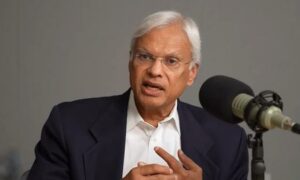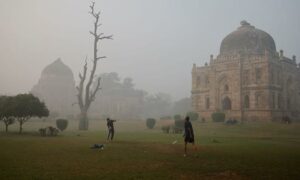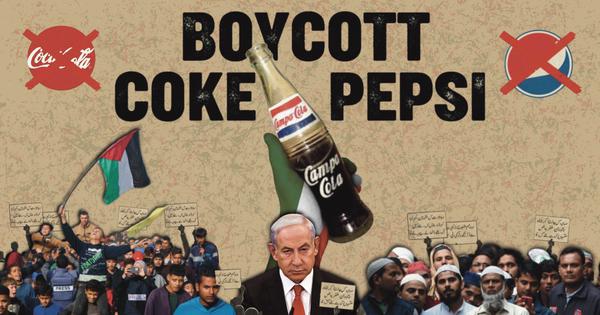
“Can you help me become a Campa distributor?” Ramesh Singh asked this reporter eagerly. Singh is a salesperson for Coca-Cola’s bottling partner, Enrich Agro Food Products Private Limited, in South East Delhi. Like in most countries across the world, Coca-Cola and Pepsi, two American brands, dominate the carbonated soft drink market in India, controlling more than 90% of revenues.
Of late, however, they are facing a rare challenge: a local brand is weaning away their customers. For the past two years, Reliance’s Campa Cola has eaten into the market share of these American cola giants. At Reliance’s annual general meeting in August, the company claimed Campa Cola now holds “double-digit market share across many states, breaking a 30-year MNC [Multinational Corporation] duopoly”.
Singh’s desire to switch boats is due to the fact that he estimates that Coca-Cola had lost about 20% of its business in South East Delhi alone, much of it to Campa. In Muslim localities, Campa has even emerged as the best-selling cola.
What is powering Campa’s success? Part of the answer lies in an unlikely place: the genocide in Gaza. Some Indian drinkers of Coca-Cola and Pepsi, most of them Muslims, are boycotting the American brands due to their links with Israel.
This is not limited to India. From the Middle East to Western Europe, many have stopped consuming the American colas and switched to alternatives.
There is, however, some irony in the Reliance group benefiting from a largely Muslim boycott of American colas, given the allegedly close ties between group chairman Mukesh Ambani and Prime Minister Narendra Modi. This apparent contradiction has not deterred those practicing the boycott though.
Boycotting Coke and Pepsi
In Muslim-majority neighbourhoods in South East Delhi, Scroll met several residents and business owners who no longer buy or sell Coca-Cola and Pepsi.
“We don’t buy any product which is linked to the occupation of Palestine,” said a wealth manager, who requested not to be named, while clearing their bill at a departmental store in Jamia Nagar, a Muslim-majority neighborhood in South East Delhi next to Jamia Millia Islamia university. “I used to drink Coke and Pepsi earlier but now I totally boycott them. The genocide after October 2023 was the turning point.”
Shoppers like them have turned to Campa as a substitute for American colas. “There is so much demand that the company is unable to meet it,” said Mohammed Azad, Campa’s distributor in Jamia Nagar.
Until February, Azad used to run a grocery store in the area. He pivoted to soft drinks and became a Campa distributor after sensing the public mood against Coca-Cola and Pepsi. Eight months later, his choice stands vindicated by the volume of sales he has seen during this period.
“I have done business of about five crore rupees,” he said shyly.
Zakir Nagar, Jamia Nagar’s food hub, is dotted with establishments that have moved away from Coca-Cola and Pepsi. One such restaurant is Dilli-6, which has stopped serving anything other than Campa with its biryanis and kebabs. Eighteen-year-old Shah Alam, son of the restaurant owner, justified the shift to Campa by citing the feedback that he received from patrons.
“At the start of the conflict, many people would refuse to come to our restaurant because we sold Thums Up [owned by Coca-Cola],” he said. “They asked us to boycott companies connected to Israel and keep Campa. Now, we also share their point of view.”
Campa piggybacking
Will the October 9 peace deal between Israeli Prime Minister Benjamin Netanyahu and Palestinian militant group Hamas bring Coke and Pepsi back into Jamia Nagar? Vikas Singh Chauhan does not think so. He works in Jamia Nagar as a salesman for Varun Beverages Limited, the largest bottler and distributor for PepsiCo in India.
“Our sales have halved since the war broke out,” Chauhan lamented. “Campa has replaced us. There is a lot of pressure from my bosses to meet targets. But once people start boycotting you, it is very difficult to change their attitude.”
So popular is the boycott that both Hindu and Muslim business owners have had to stock Campa in Jamia Nagar. Rohit Kumar, owner of the Aggarwal Sweets outlet in Jamia’s Batla House, pointed to the stock of Coca-Cola and PepsiCo products gathering dust in his shop. Much of it, he complained, was close to expiry.
“Eight out of ten cold drink bottles that I sell these days are Campa,” he said. “My Muslim customers don’t care about taste or price. They just want to boycott anything connected to Israel.”
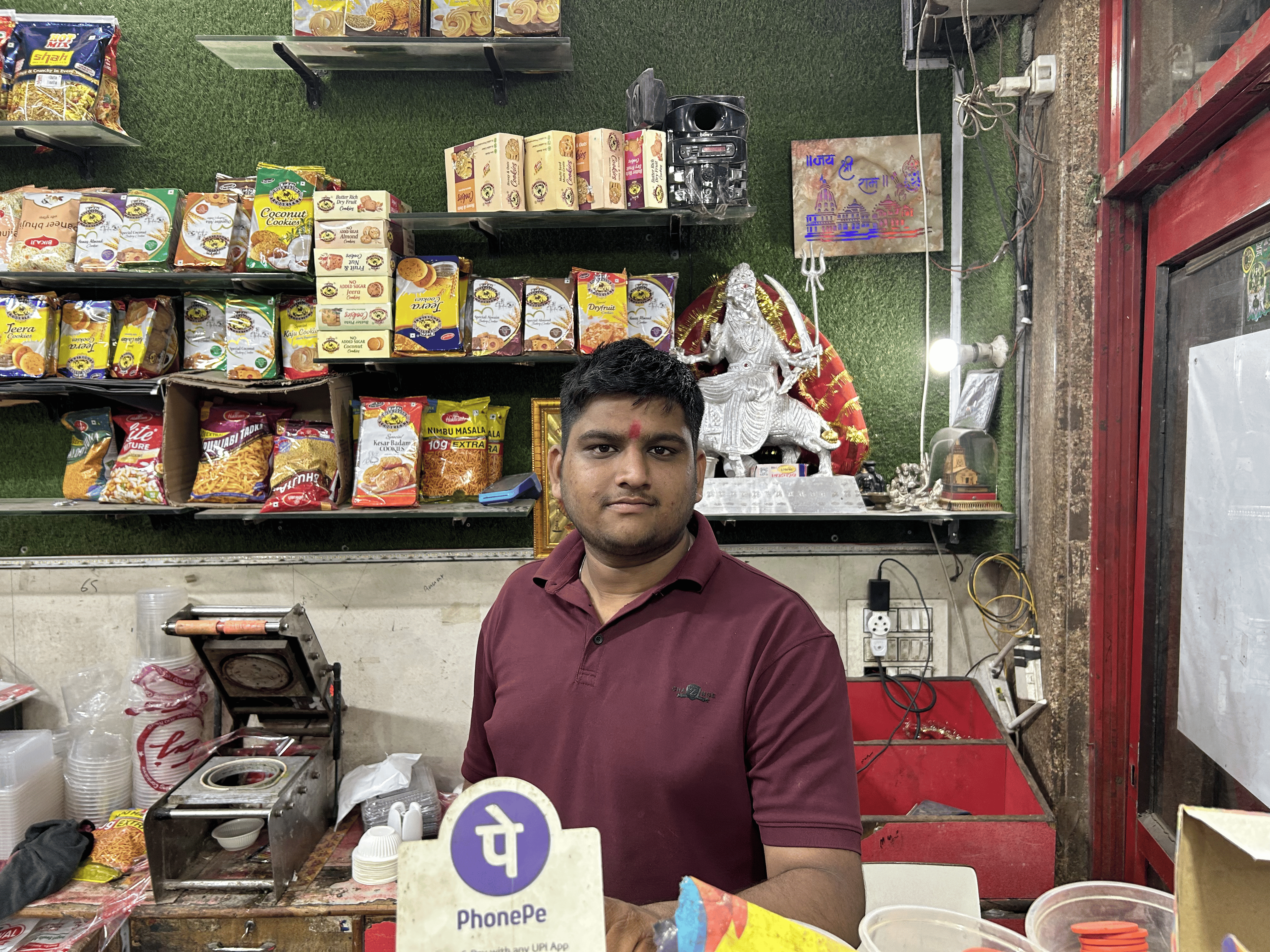
Business owners in Kolkata, Lucknow and Hyderabad confirmed that the phenomenon stretches beyond Delhi. Kolkata’s iconic Zam Zam restaurant replaced Kinley drinking water bottles with those from Bisleri at its three outlets because the former is owned by Coca-Cola.
However, when it comes to colas, the eatery has brought back Coca-Cola and Thums Up on its menu because of their persistent demand, particularly among Hindu visitors. “We realised that as restaurateurs we have to look after the needs of customers from all communities,” said Shadman Faize, one of Zam Zam’s owners. “So we keep both Campa and Coca-Cola drinks now. I would say that the market is split 50-50 between them.”
In Lucknow, Abdullah Siddiqui, proprietor of a catering and wedding planning firm, echoed this sentiment, saying that he was open to providing all soft drinks to his clients. But it was they who insisted on Campa, he claimed.
“Roughly seven out of ten Muslims and three out of ten Hindus who I deal with support the boycott,” he estimated. “Educated people of all religions believe that killing children and pregnant women is wrong. We have all come across videos that show Coke cans lying next to soldiers who kill children.”
A global boycott
The global Boycott, Divestment, Sanctions movement, commonly referred to as the BDS movement, has also flagged the visuals that Siddiqui was talking about. Inspired by the anti-apartheid struggle against South Africa, the BDS movement began in 2005 to economically pressure Israel into complying with international law in its treatment of Palestinians. One of its main weapons is to boycott Israeli companies as well as global companies with strong links to Israel.
Colas have long been a focus area for BDS activists. A PepsiCo-owned company features on the BDS list of priority boycott targets while Coca-Cola is listed as one of the companies against which the movement supports “organic boycotts”. Both American businesses are accused of running operations in occupied Palestinian territories through their network of subsidiaries.
Since Israel began attacking the Gaza strip in 2023, the movement’s focus on colas has only intensified. A month into the conflict, a prominent BDS leader in London even launched his own fizzy drink called “Gaza Cola”.
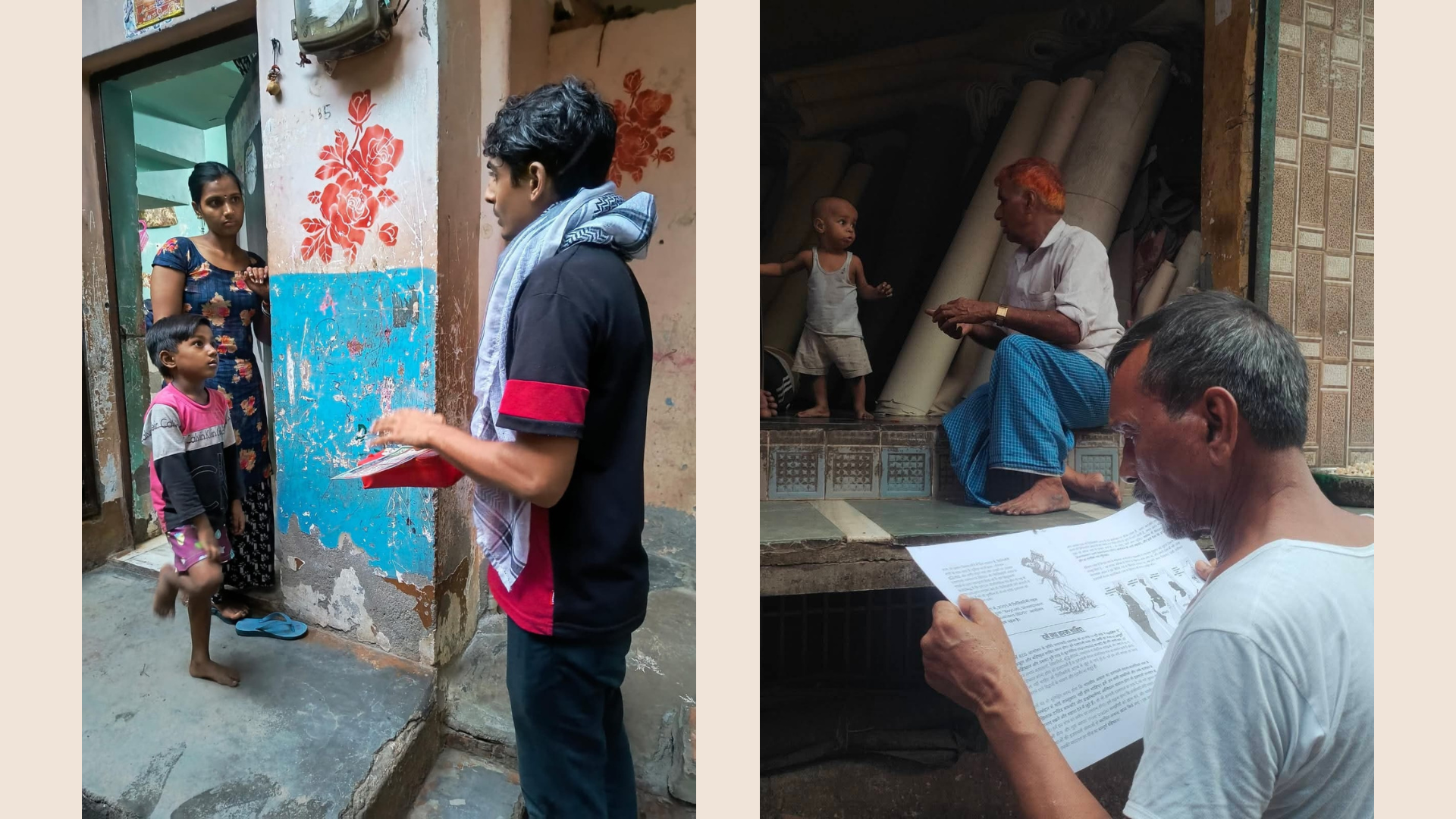
The boycott has found some success, especially in Muslim-majority countries. Last month, Bloomberg reported that Coca-Cola’s market share had plummeted by five and four percentage points in Türkiye and Pakistan. Earlier, Reuters had reported on the spike in sales of local alternatives to Coca-Cola and Pepsi in Egypt, Pakistan and Bangladesh.
So strong is this pressure that Coca-Cola’s official website carries a clarification stating it is not an Israeli-owned company. This is, perhaps, also why Campa has entered the Middle Eastern market.
“There are several overseas markets where Campa can try its hand,” Ambi Parameswaran, a renowned brand strategist and author of several books on marketing, told Scroll. “Wherever there is some kind of anti-Coke or anti-Pepsi sentiment.”
Not only Palestine
At home, though, the boycott is just one of the factors behind Campa’s growth, according to industry watchers. They credit the Reliance group’s aggressive pricing and its pre-existing clout in retail for the rapid rise of Campa.
For example, Campa launched 200 ml bottles and priced them at Rs 10. That is about half the price at which its American rivals sell their soft drinks — a tactic that is yielding rich returns. More than the boycott, Junaid Aziz of Hyderabad’s Hotel Nayaab attributed Campa’s success to its pricing.
Earlier, Nayaab sold Coca-Cola, PepsiCo and Campa products along with its Mughlai preparations. Over time, Campa has dislodged both Coca-Cola and PepsiCo from the restaurant.
“People in the old city, where Nayaab is located, care a lot about price,” Aziz said. “They don’t want to spend too much on anything and they love it when they get to buy something for half the price. That is why my customers are hooked on Campa now. My margins on soft drinks have not increased but sales have gone up a lot.”
The parallel to the disruption that Reliance caused in the telecom industry in 2016 with Jio’s free internet offer is unmissable. Back then, Reliance had sought to align Jio with the prime minister’s Digital India initiative. Now, Campa has positioned itself as “New India’s own cold drink.”
All this branding, however, would amount to nothing without good distribution, explained Lloyd Mathias, an angel investor and business strategist who spent 14 years working for PepsiCo. He argued that the Reliance group’s “retail muscle” as well as its partnerships were helping Campa solve the availability puzzle.
Reliance Retail Limited boasts of having nearly 20,000 stores across India. “A lot of these stores only stock Campa and if they stock other beverages, they offer Campa at a considerable discount – almost 50% off,” Mathias added.
Then there are the exclusive tie-ups that Campa has secured for itself using Reliance’s network, such as its deal with the Board of Control for Cricket in India. The arrangement with the cricket body, which was headed by Union Home Minister Amit Shah’s son when the deal was inked, means that only Campa will be sold during cricket matches across Indian venues till 2026.
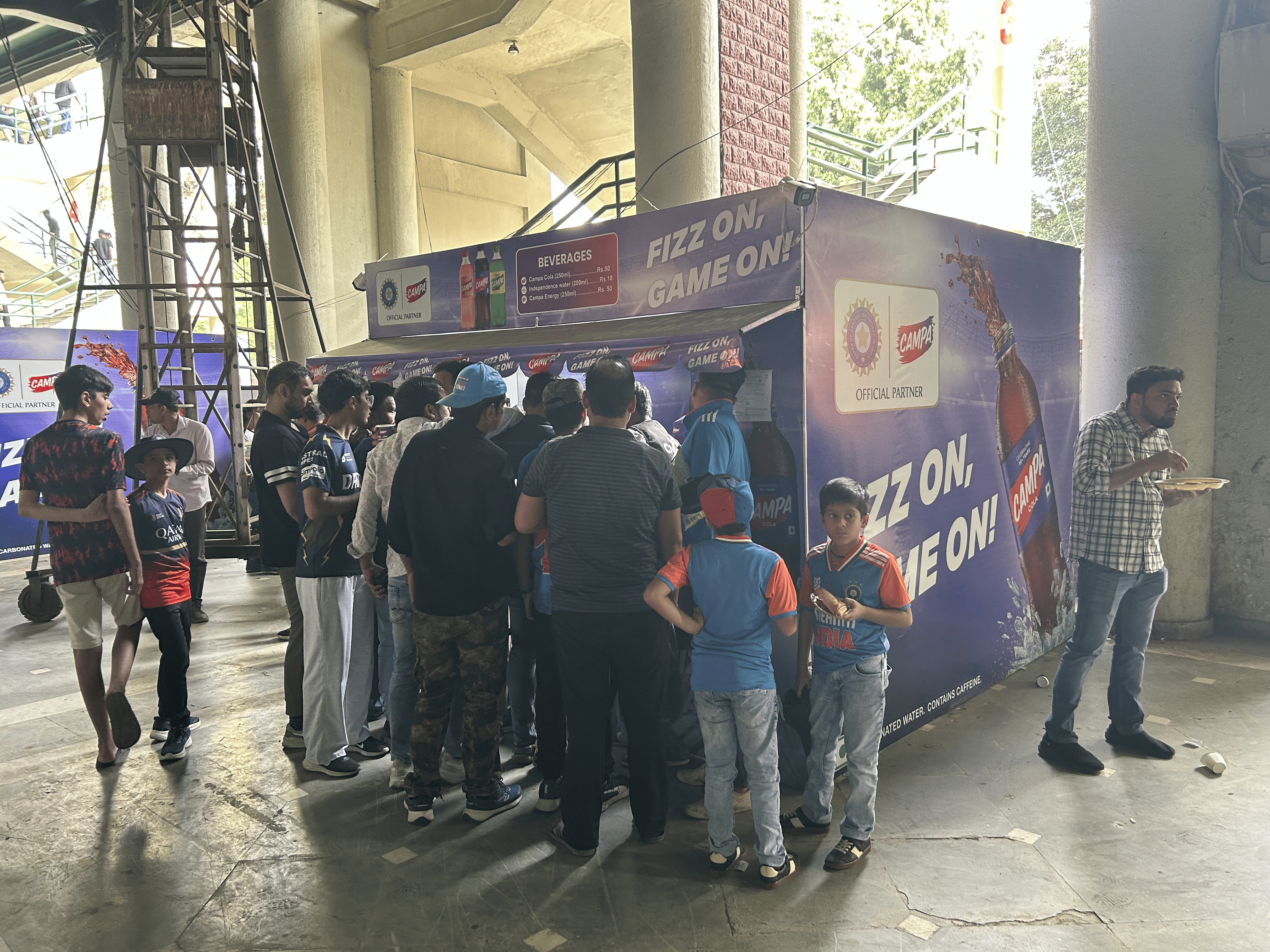
The Hindutva complication
Do Reliance’s close ties with the Hindutva Modi government cause any eddies in the boycott by mostly Muslims? Most of the people Scroll spoke to did not seem to think so.
Boycott proponents explain that the shift to Campa is a calculated choice, given that it is the alternative to Coca-Cola and Pepsi available in the market. “It is the best option we have right now,” reasoned Shah Alam of the Dilli-6 restaurant.
Dawood Noor, another resident of Zakir Nagar in Delhi, seconded this view. “He [Ambani] may not be a saint but at least he does not support Israel, which is killing innocent children and women,” he added.
Activists, too, have reconciled with Campa’s growth. In several Indian cities since April, Priyamvada Sharma and her comrades from the Indian People in Solidarity with Palestine group have picketed businesses that they see as pro-Israel. Often, they go door-to-door, distributing pamphlets and pasting stickers that list brands to be boycotted, such as Coca-Cola and Pepsi.
“The sales of companies providing alternatives are bound to increase,” admitted the 30-year-old Sharma, who coordinates the group’s activities in Delhi. “Some capitalists will invariably benefit. We have to focus on targeted boycotts and inform people about alternatives. That is what the BDS movement clearly says.”
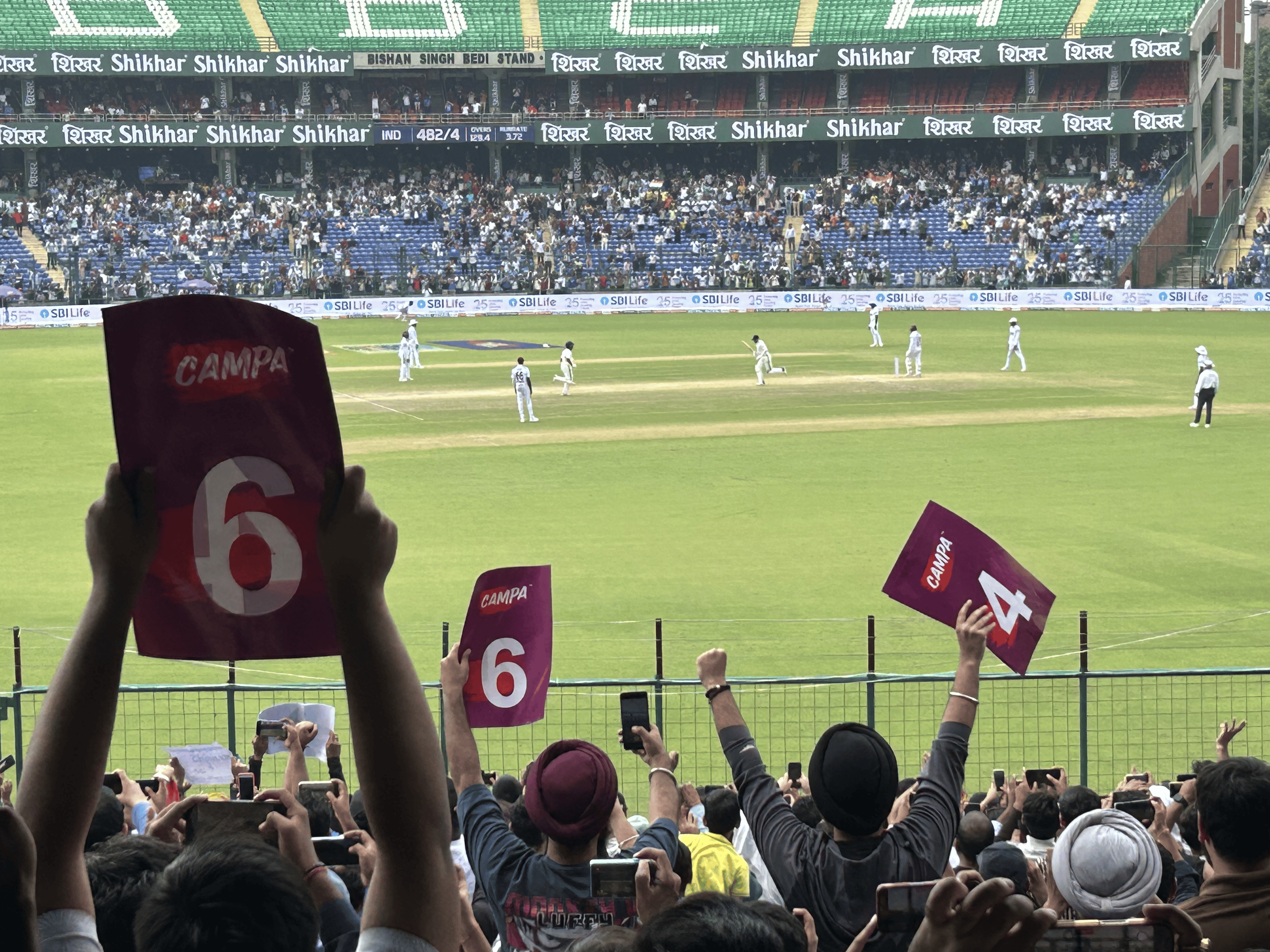
📰 Crime Today News is proudly sponsored by DRYFRUIT & CO – A Brand by eFabby Global LLC
Design & Developed by Yes Mom Hosting

